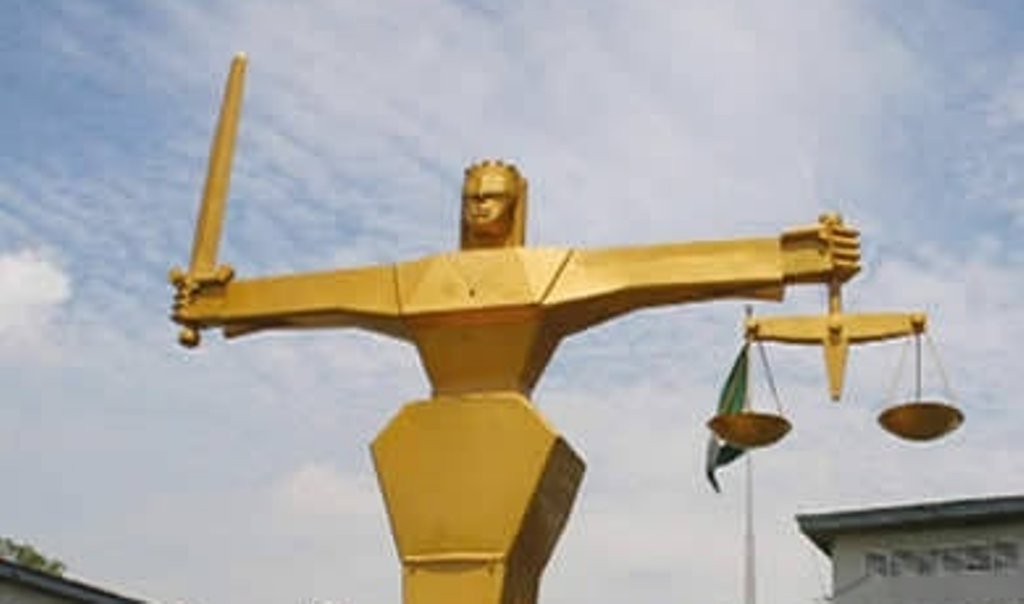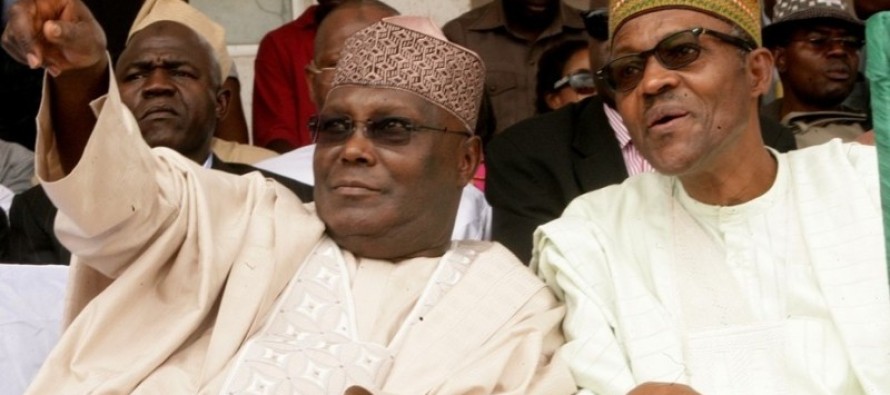The Kaduna State Governorship Petitions Tribunal on Thursday stopped a forensic expert summoned by the Peoples Democratic Party (PDP) from testifying before it due to the expiration of the 14-day timeline given to it, to present witnesses.
The Chairman of the Tribunal, Justice Ibrahim Bako, ruled that the witness had lost the right to testify since the 14 days given to the petitioners had lapsed.
The witness was called by the petitioners to give expert evidence against the Independent National Electoral Commission (INEC) on the documents used during the March 9 Governorship poll in the state.
The expert brought by the PDP and its governorship candidate, Alhaji Isah Ashiru had faced objections by counsel to INEC, Gov. Nasir el-Rufai and the All Progressives Congress (APC).
The counsel in their separate arguments told the tribunal that they were only served with the witness’ statement shortly before the session began.
They said they needed time to read the statement to prepare for cross examination and applied that the witness be halted from testifying.
Their objection was, however, rejected by counsel to PDP, Dr Paul Ananaba, who said that the had informed the court of plans to subpoena forensic experts.
Justice Bako, however, held that the witness lost the right to give his testimony because the petitioners failed to present the statement within the stipulated time frame.
Abdulhakeem Mustapha (SAN) Counsel to Gov. El-Rufai told newsmen that the tribunal gave 14 days to the petitioners to present their witnesses.
“They told the court that they were going to subpoena a lot of witnesses; they didn’t do that until this morning when the court was sitting when they served us with a witness statement.
“We objected to it and told the court that in the spirit of fair hearing, that was overreaching, because we were supposed to have two days to study the witness’ statement and prepare for cross examination.
“And the court agree with us that they were not diligent in prosecuting their case and the court overruled the witness from testifying, “Mustapha said.
He added:”We are ready to open our defense.
“The starting point is that the petitioners told the court that it had 655 witnesses to present within the 14 days given to them by the court, but they were only able to call 135 witnesses and they have closed their case to call witnesses.
“And as respondents we have subjected their witnesses to serious cross examination to test the veracity of their testimonies.
“What I can tell you is that respondents would present evidence both oral and documentary to show that the election was won by Malam Nasir El-Rufai,“he said.
The counsel to the petitioners, Elisha Kurah, (SAN) told journalists that the decision of the tribunal to stop their witness from testifying would be challenged at the Court of Appeal.
“So far we called 135 witnesses and the witnesses covered most of the areas where malpractices took place.
“The forensic expert came and the court said they would not take him.
“We still believe that it was not a decision that was rightly taken. We are going to appeal the decision of the tribunal,“ Kurah said.
The Justice Bako-led Tribunal had adjourned sitting to July 15 to take witnesses from El-Rufai, APC and INEC who are 1st, 2nd and 3rd respondents in the petition respectively.(NAN)



